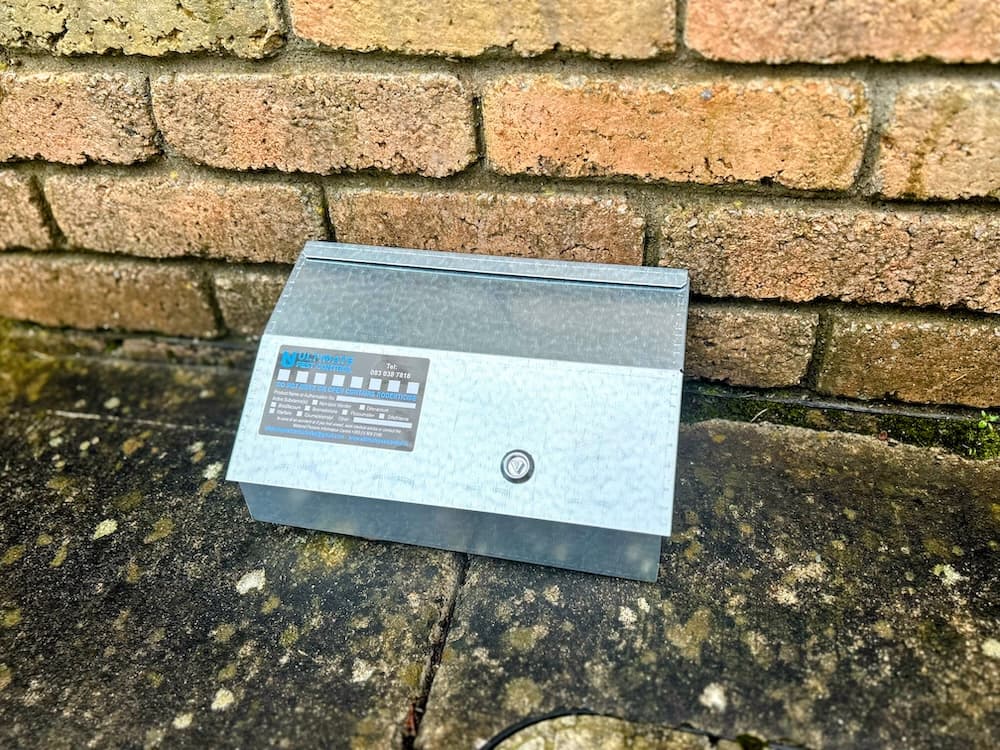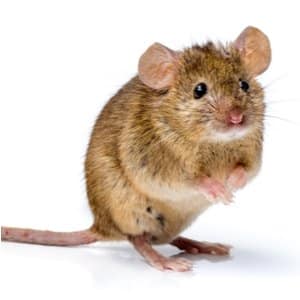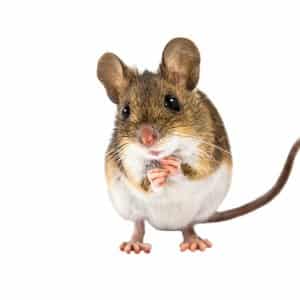Mice Control Solution
Ultimate Pest Control provides an industry-leading mice control solution. Our technicians' service Dublin, Kildare, Wicklow, and Leinster. We provide service to residential and commercial properties. Once settled, mice are not easy to get rid of. However, our technicians can eradicate infestations, quickly and effectively.
Mice Control Services:
- Inspection to Confirm Infestation
- Bespoke Mice Control Solution
- Mice Proofing Services
- Mice Monitoring Services
- Follow-up Inspections
- Disinfection Treatments

All About Mice
There are two main species of mice found in Ireland. Firstly, we have the House Mouse. Which is the more common of the two. And secondly, the Field Mouse.
Like rats, mice are rodents. Rodents are characterised by their continuously growing incisors. The teeth growth causes rats to gnaw on everything. They need to file them down.
Mice are nocturnal eaters. Their preferred food source is cereals. However, they will eat whatever is available to them. They eat up to 3 grams per day. But not all at once. They eat in small, regular intervals. Returning to their food source again and again.
Mice live in nests. They make their nests from materials they find. Such as paper, wool and cloth. They nest in places they feel safe and warm. In addition to having access to a reliable food source. After they nest, they can start breeding.
House Mouse infestations are common year-round, in urban areas. This is due to close proximity. Mice are already living in and around humans. Therefore, it is easy for them to head indoors. Field mice tend to move inside as Winter approaches. Firstly, to escape the cold. And secondly, because their food supply has depleted.
Mice typically live up to one year. They reach sexual maturity at 3 weeks old. Females can have up to 10 litters per year. Each litter contains anything from 5 to 10 pups. As a result, mice infestations escalate very quickly.
Species of Mice Found in Ireland

The House Mouse:
- Grey/Brown Fur and Light Brown underneath
- Weighs roughly 30 grams
- Large Ears

The Field Mouse:
- Sandy Brown Colour with White underneath
- Weighs roughly 19 grams
- Big Bulging Eyes and Large Back Feet
The Dangers of a Mice Infestation
A mouse infestation can be dangerous. To both people and property. Mice carry diseases. Which they spread via their urine. As they move around, they continuously spread droplets of urine. So as to mark their territory. Consequently, humans come into contact with these droplets. Thus making them potentially very sick.
Mice can also cause significant property damage. Similar to rats, they gnaw on everything. For example, metal, wood and concrete. They have been known to gnaw through pipes and cables. Consequently causing floods and fires.
Common Diseases Spread by Mice:
Do you have a Mice Infestation?
As they are nocturnal, you may not see a mouse. However, you may notice the signs of an infestation.
- Droppings. Mice droppings are small and black. Similar in size and shape to a grain of rice. Each mouse leaves roughly 80 droppings per night. They tend to do this in the same spots. In the same way, rats do. Common places include under the kitchen sink and in cupboards. Also, in attic spaces.
- Gnaw marks. These can be found on furniture, wood or carpet. As well as pipes, cables, and even food.
- Smear marks along the walls or skirting boards. These are usually dark grey in colour. As they move they rub their oily coat off surfaces. Consequently, leaving the marks.
- Nests are made from paper and materials such as wool. Typically found in warm and undisturbed locations. For example under floorboards, in attics and airing cupboards.
- Finally, there would be a strong ammonia smell. Specifically caused by their urine.
Can I Prevent a Mice Infestation?
Rest assured there are ways to prevent a mice infestation!
Firstly, ensure your premises is proofed. In other words, make sure there are no entry points. Look for any gaps in doors, floors, and vents. Immediately seal up any gaps you find. Ultimate Pest Control provides Proofing Services.
Secondly, ensure your premises is always clean and tidy. Food debris will attract rats. Therefore it is important to properly discard food. Additionally, bins should always be covered.
